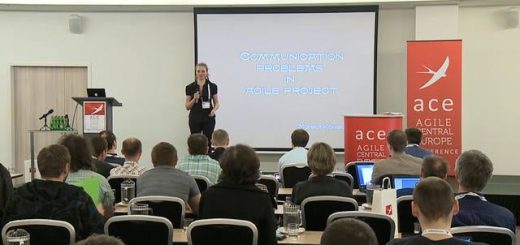Why is Coffee Important in Software Development Projects?
We have all heard of phrases such as “Let’s walk and talk”, “Give me your elevator pitch” or “Let’s get a coffee”. When someone comes up to you and says “let’s get a coffee”, you instinctively know that you are about to have a conversation with this person.
Your reaction might depend on who is asking this question. If your HR manager comes to you out of the blue and asks you to join them for a coffee, you better make sure your CV is nearby. If this is your colleague with whom you play Dungeons and Dragons, you can breathe easy. It maybe that they are excited by a new character being released and can’t wait to talk about it. So where does a Scrum Master fit into this? Have you ever met a Scrum Master who asks you if you’d like to join them for a hot drink? And if they’re rad, for a beer? Whenever and whoever I ask this question to, the answer is always “Yes”. This does not mean that Scrum Masters like having a lot of drinks. No, it’s just one of the commonly used weapons in their secret arsenal.
If you ever observe carefully, you may actually find a pattern in the invitation for a drink. You will find that Scrum Masters will extend this invitation either before or after an event. Let us examine this. Some events, such as a painful planning session or a heated argument at stand-up, trigger alarms bells in the Scrum Master’s head. He or she may decide to approach the entire team or individuals about the events. In the case of an individual approach, a conversation over a coffee is much more beneficial than in a formal meeting.
There are many other reasons for conversations over a coffee. As you have read in this book so far, a Scrum Master’s role is varied and broad. Servant leadership, resolving conflicts, communication, agile lead are just some of them. For each one of these responsibilities, it is important to be able to understand every member of your team. A Scrum Master needs to be able to understand what motivates and encourages the team members whilst also being aware of what hinders, scares or worries them. To be able to do this, a Scrum Master spends time with the team observing and analysing their conversations, processes, success and failures. The next step is to establish one-to-one relationships. To do so, Scrum Masters often go ‘for a coffee’ with the individual team members.
Why go somewhere for a coffee you ask? Let me tell you why. Going somewhere else other than regular meeting rooms or working areas creates a sense of privacy and friendliness. It reduces formality and a sense of apprehension or unease that may be associated with it. People involved are not restricted by their surroundings and can freely interact with each other. This helps in many ways. It can help create a good professional one-to-one relationship. It allows people to talk freely without having to worry about what others may overhear. Last but not least, it helps build trust.
For many of us, having a morning coffee is part of our daily ritual. For some this extends into the workplace. In many cultures offering a coffee is considered as being respectful. Similarly your Scrum Master may offer you a coffee, for all, some or none of the reasons described above. Enjoy it!
Source: So You Want To Be A Scrum Master?, Helen Lisowski, Rob Lambert, Martyn Frank, Raji Bhamidipati, Steven Mackenzie, and Keith O’Sullivan, https://leanpub.com/beascrummaster
This quote illustrates why informal communication around a coffee is an important tool for both the project manager of traditional software development projects and the Scrummaster working with Agile software development teams using Scrum.



